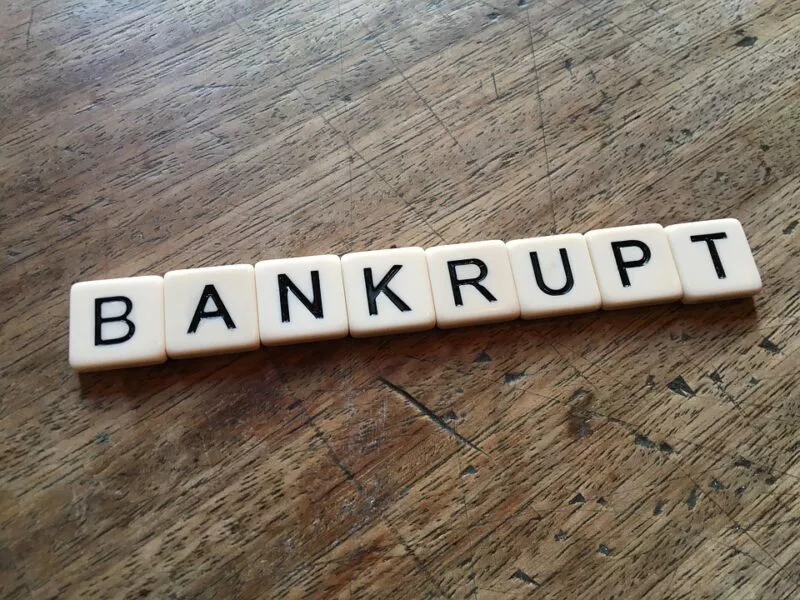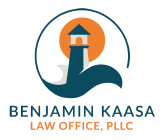
If your financial situation has changed so that your bills are far exceeding your personal income, you may be considering filing bankruptcy – especially if you’re receiving constant calls from collection agencies and creditors. Filing bankruptcy can stop aggressive creditors and relieve you of some of the stress and worry, but several considerations must first be made.
What Types of Bankruptcy Filings Are There?
Two types of bankruptcy exist for individuals – Chapter 7 and Chapter 13. Both have their merits, but it is likely one will fit your situation a bit better than the other. This post will outline both to give you a better idea of which would work best for you.
Chapter 7
Chapter 7 bankruptcy is also known as a discharge or liquidation bankruptcy. Most of your unsecured debt, including credit cards and medical bills, will be discharged and you won’t be required to repay. However, you’ll have to qualify with income low enough to pass a Chapter 7 means test.
Once you file, you will be appointed a trustee, who will sell any nonexempt property in order to pay back your creditors. You’ll be allowed to apply for exemptions for any vehicles you use for work, clothing, retirement accounts, and so on. If you don’t have any non-exempt property to sell, your creditors will receive nothing from you. Meanwhile, a stay of collections will stop creditors from calling you while you await the bankruptcy proceedings.
Chapter 13
Chapter 13 bankruptcy is also known as a reorganization bankruptcy. In it, a repayment plan is set up, allowing reduced monthly payments you can afford while you continue to work and repay your creditors. Chapter 13 is often filed by individuals who are above the income threshold for Chapter 7, or for individuals with a great deal of debt that can’t be discharged, such as taxes or child support payments.
Once you file, you will not be required to sell property, though you will need to be able to pay your creditors the value of any nonexempt property. Exemptions for Chapter 13 bankruptcy work much the same way as Chapter 7, so your vehicle, work items, and retirement accounts will not be affected. Repayment happens over a three to five year period and allows you to catch up on missed payments.
Which Is Right for You?
Generally, if you have a lower income and can pass the Chapter 7 means test, and have few assets, Chapter 7 may work for you. If your income is too high for Chapter 7, or if you have a large amount of non-dischargeable debts like child support or tax bills, or you have a mortgage or car payment you’d like to pay in order to keep your property, Chapter 13 may be a better fit. In either case, weigh whether the selling of your assets is an option or whether you are able to continue paying your debts in a reduced monthly payment plan over the next few years.
Bankruptcy doesn’t have to be a depressing end to years of financial struggle. Rather, it can be a fresh beginning and a relief from all the stress and anxiety that have been piling up along with your bills. No matter what your situation, call a Duluth area bankruptcy lawyer to help you make the best decision regarding how to move forward. Benjamin Kaasa Law Office, PLLC is your premiere bankruptcy solution in the Duluth area. Call or reach out today.

